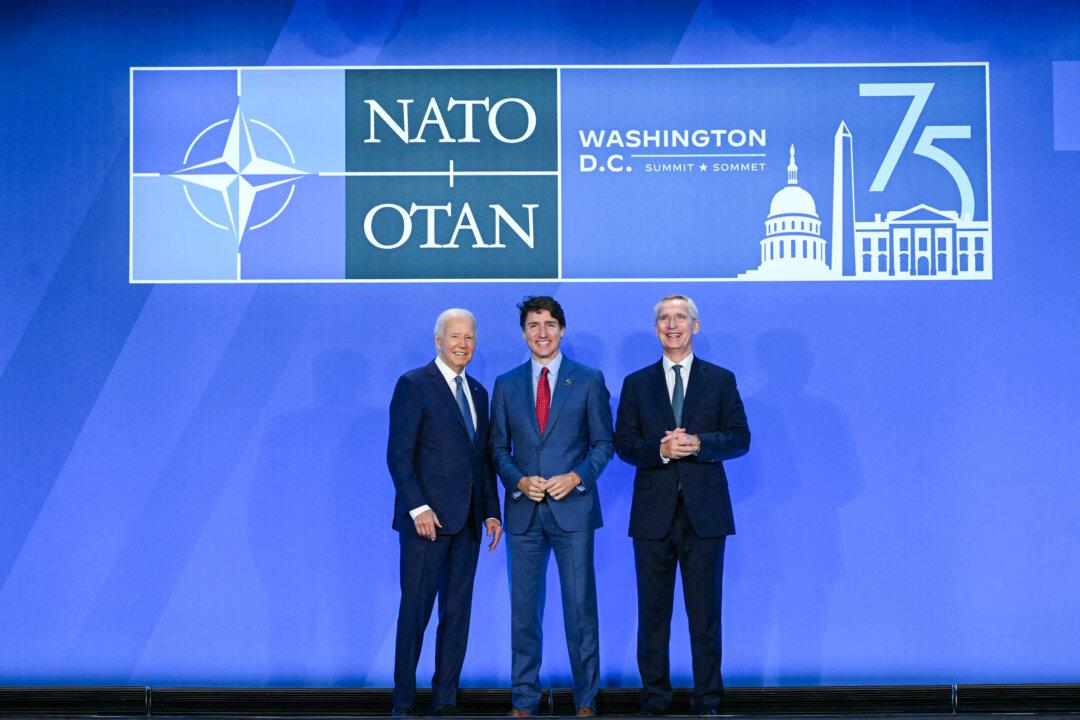The Canadian and U.S. governments say they have reached an agreement-in-principle in the process to modernize the Columbia River Treaty, which regulates the waterway that flows from southeastern British Columbia into Washington state.
In a statement issued from Washington, D.C., Prime Minister Justin Trudeau says the deal is a milestone that will enable officials to update the treaty to ensure continued flood-risk management and co-operation on hydropower on the river.





